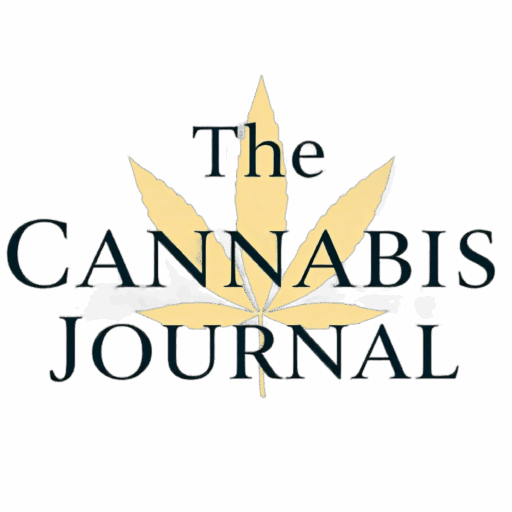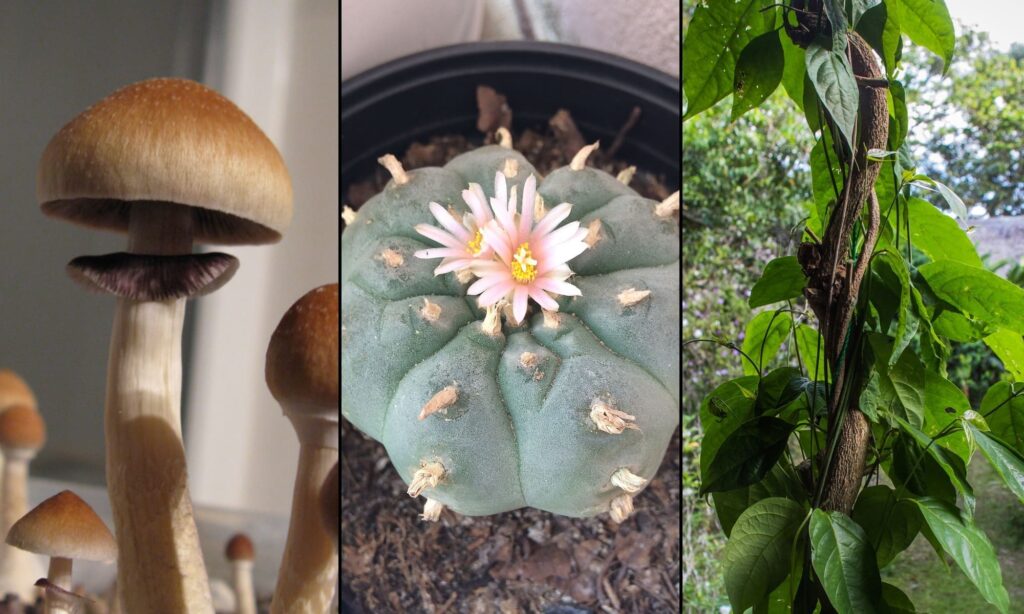Alaska’s lieutenant governor has officially certified a 2026 ballot initiative to legalize certain psychedelics such as psilocybin and DMT.
About a month after the Natural Medicine Alaska campaign submitted an initial round of signatures, Lt. Gov. Nancy Dahlstrom (R) cleared the measure for broader petitioning to potentially make next year’s ballot.
“This certification reflects the constitutional and statutory requirements for citizen-led initiatives in Alaska,” Dahlstrom said in a press release last week. “While voters will ultimately decide the merits of the proposal, the application meets all legal criteria for form and content.”
To secure ballot placement, activists must collect signatures “equal to 10 percent of the votes cast in the last general election, distributed across at least three-quarters of Alaska’s House districts.”
A policy outline from the campaign explains the proposal as “building off of” Colorado’s voter-approved 2022 Natural Medicine Health Act, under which facilitators recently administered the state’s first legal dose of psilocybin.
In addition to establishing a licensed psychedelics industry in the state, the Alaska measure would legalize non-commercial use, cultivation and sharing of DMT, non-peyote mescaline, psilocybin and psilocin among adults 21 and older under a so-called “grow, gather, gift” model popular among psychedelic reform proponents.
The measure “shifts away from a restrictive healing center model, allowing individual practitioners to provide [natural medicine] in their offices and at-home facilitation, increasing accessibility in rural communities” that are common in Alaska, the organizers’ policy outline says.
Cultivation would need to take place in a space no larger that 12 feet by 12 feet and remain out of public view, and growers would be required to take reasonable steps to prevent access by minors.
Transfers of psychedelics between adults, meanwhile, would need to occur without any form of payment.
Public consumption of the substances would be forbidden, subject to a civil fine of up to $100.
On the commercial side, Alaska would license healing centers—where certified facilitators would supervise psychedelic administration—as well as testing labs, cultivation facilities, product manufacturers, handlers and other related businesses.
The application round for licenses would need to begin no later than July 1, 2028.
Facilities would need to be majority Alaska-owned, with at least half of ownership held by residents of the state.
Traditional healers would also be protected under the proposed initiative for “ceremonial, spiritual, or cultural use of plant medicines” through legal exemptions to state drug laws. They would not need to hold a state license, the proposal says, “but must be certified or credentialed as a traditional practitioner.”
The system would be overseen by a Natural Medicine Control Board a “regulatory and quasi-judicial agency” that would be housed within the Department of Commerce, Community and Economic Development. It would include members from the public safety and public health sectors, as well as someone from a rural area, a representative of the natural medicine industry, an Alaska Native traditional healer, a professional practitioner of psychedelic-assisted therapy and someone either from the general public or the natural medicine industry.
A separate Natural Medicine Advisory Committee consisting of 15 members would make recommendations around the program. That body would include mental heath professionals, natural medicine therapists or researchers, tribal representatives, a physician, a military veteran, a first responder, healthcare experts and others.
As for traditional use, the measure would also create a Traditional Use Council to develop best practices and educational materials around Indigenous-based psychedelic use and harm reduction principles. That would include a separate credentialing or certification process that “may include consideration of lineage, apprenticeship, community recognition, and cultural practice, rather than formal clinical or academic training.”
The state Department of Law conducted an analysis on the legality of the proposal, including with respect to federal law.
Attorney General Treg Taylor (R) said that the measure would no more conflict with federal policy than the state’s existing marijuana legalization law does.
“While the [Controlled Substances Act] strictly prohibits the manufacture, distribution, and possession of marijuana, we found no controlling authority sufficient to declare the initiative unconstitutional on its face,” he said of the prior cannabis initiative.
“The same reasoning holds true when applied to” the psychedelics measure, Taylor said. “We see no significant distinction based on the type of Schedule 1 substance at the center of the initiative application. Questions of federal enforcement (or lack thereof) and pre-emption when a state enacts divergent drug control laws remain largely unresolved. To the extent [the psychedelics measure’ presents pre-emption and enforcement concerns, Alaska’s marijuana regulatory scheme currently implicates those same legal issues.”
Taylor’s office also recommended a proposed ballot title and summary for the measure:
An Act Decriminalizing and Regulating the Use, Possession, and Cultivation of Hallucinogens
The act would decriminalize and regulate the use of hallucinogens for therapeutic and traditional purposes. It would create a Natural Medicine Control Board, Traditional Use Council, and advisory committee. The act would apply to psilocybin, psilocyn, dimethyltryptamine (DMT), mescaline ( excluding peyote), ibogaine, and other approved substances that come from plants or fungi.
The act would allow people 21 or older to possess and use these substances in private. It would also allow them to grow these substances, except for ibogaine, outside of public view in limited areas on their own property or someone else’s property with permission. People could not sell the substances they grew. Violators of these provisions would be subject to fines of up to $1,000.
The act would allow the distribution of hallucinogens by certified practitioners for traditional or indigenous practices. People older than 21 could use hallucinogens under the practitioners’ guidance. Practitioners could be paid for their services.
The act would also allow the board to regulate facilities that handle and provide hallucinogens. These could include healing centers, where a licensed facilitator could provide hallucinogens, and facilities for cultivation, manufacturing, and testing for safety and potency. The bill would ban people from providing hallucinogens without a license.
The board would also develop free, evidence-based education on the best practices for using hallucinogens.
Among other limits, the act would not allow a person to operate a vehicle or aircraft while under the influence of hallucinogens or a person under 21 to possess, grow, or use hallucinogens. The act would allow a local government to regulate hallucinogens if it did not conflict with the act. The act would not require that people violate federal law and people would still be subject to federal law.
Should this initiative become law?
A poll last year found that nearly half (49.4 percent) of Alaska adults would support a ballot measure to more broadly remove criminal penalties for using substances such as psilocybin mushrooms.
That support rose markedly—to nearly two thirds (65 percent)—when participants were told that Alaska has high rates of mental illnesses that could potentially be treated with psychedelics.
Photo elements courtesy of carlosemmaskype and Apollo.


